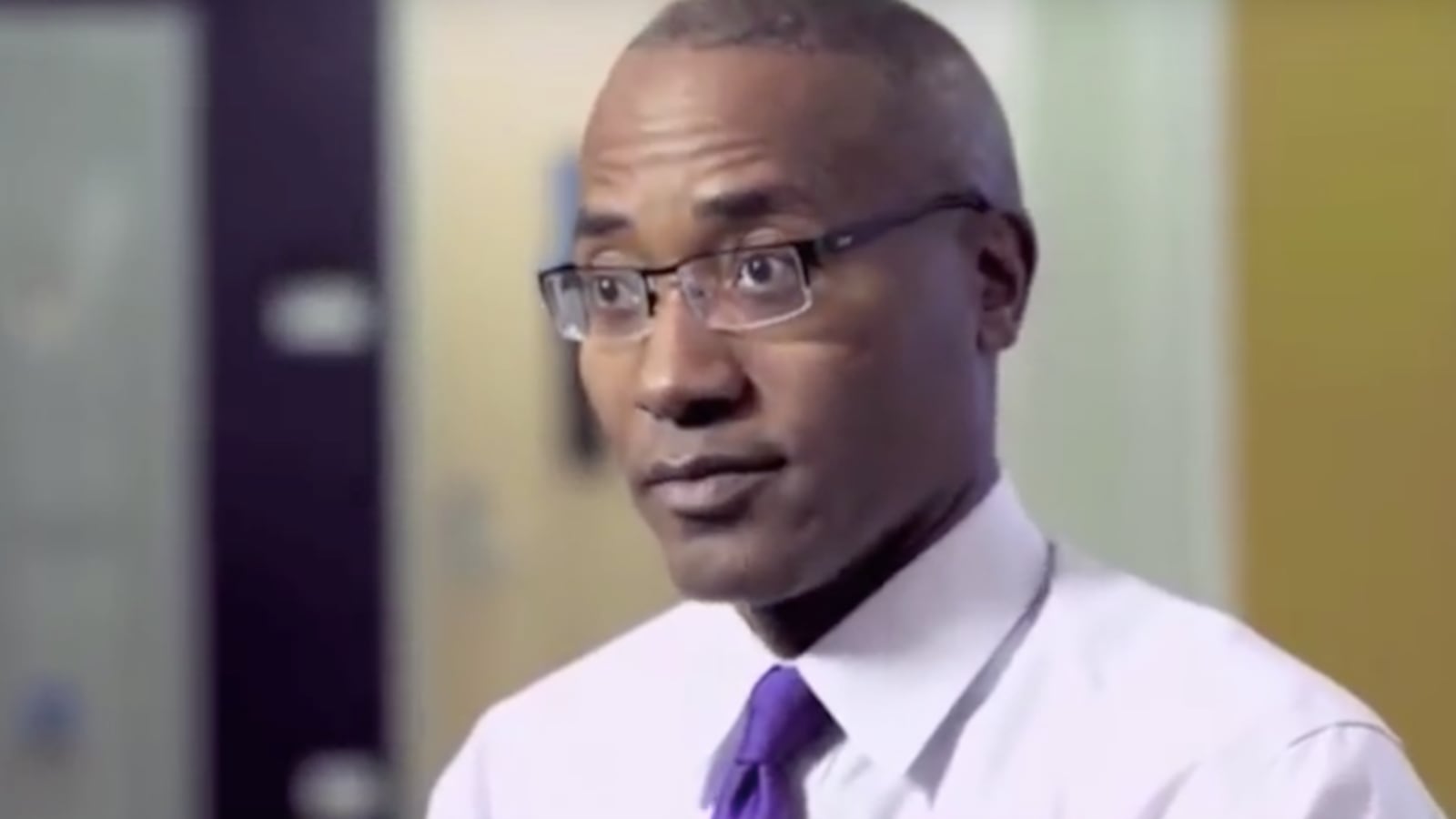After delaying several days, the LEARN Charter School Network agreed on Monday to abide by Chicago Public Schools’ new policy ordering across-the-board background checks on employees this summer. It was the last charter school to sign on to the more stringent requirement, which is one of CPS’ latest responses to its massive school sex abuse scandal.
Neither LEARN CEO Gregory White nor CPS officials would divulge what made LEARN opt in — or why it initially refused as CPS officials reported to Chalkbeat Chicago on Friday. All either would say Monday afternoon was that LEARN, which has seven schools on the South and West Sides of the city, had signed a memorandum of understanding related to the background check process.
The scenario highlights the fact that for charters, complying with district directives – even efforts to keep students safe from potential abusers – is a matter of choice. Charters are publically-funded but operate independent of public school districts — and free of certain district personnel policies. Under state law, charter schools have autonomy to manage and hire their own staff. If they follow CPS’ background check processes, it’s voluntarily.
On Friday, CPS announced plans to require new background checks this summer for all employees and volunteers who regularly come into contact with students. On Monday, CPS spokeswoman Emily Bolton confirmed that by agreeing to follow district procedures on background checks, LEARN and other charters would also receive the district’s “do not hire” list of former employees with records of troubling behavior.
CPS aims to ensure that every adult in a school building has passed a rigorous background check and to see whether any has committed a crime since they started working with CPS, according to CPS Chief Safety and Security Officer Jadine Chou.
The Illinois School Code bars people from working in schools if they have committed certain crimes, including both non-violent offenses like certain drug crimes and violent crimes like murder, attempted murder, sexual assault and other sex-related crimes, as well as serious felonies such as aggravated battery of a child, armed robbery, and aggravated arson. The law covers both charters and district-run schools, and charters typically run their own independent background checks. But as Chou explained, some veteran employees might have passed an initial check when they were hired under less stringent guidelines or committed crimes since then that school officials weren’t notified about.
Chou said that the district has been pressing charter networks about their personnel practices since late last year.
“They’ve been in the process since earlier this year of rechecking all their current employees through the CPS process,” she said. Last week, the district’s list of non-compliant charters had shrunk to only one: LEARN.
Before LEARN had a change of heart on Monday, Chicago Teachers Union spokesperson Christine Geovanis criticized the network for “a troubling lack of transparency.” In a statement, she wrote, “the [LEARN] charter network should do their students the decency of at least supporting efforts to remedy CPS’ failure to protect our students from abuse.”
Geovanis wasn’t immediately available to respond to LEARN’s compliance.
In November, even before the toughened policy on criminal history, CPS released a list of five charter operators that had exercised their legal right to reject CPS’ background check process, including LEARN, Namaste Charter School, Providence Englewood Charter School, the Montessori School of Englewood Charter, and the Academy for Global Citizenship Charter School.
CPS contended in the release that one major problem with the schools’ non-compliance was that the district couldn’t then provide them with a list of people who had been flagged for troubling behavior, a district statement read.
The announcement followed an October report from the district’s Inspector General Nicholas Schuler that revealed that 163 former CPS employees with “do not hire” flags in their personnel files had been working at charter and contract schools. That included three employees during the 2016-2017 school year who had been put on the list for sexual abuse, and 22 former CPS workers who were on the list for “improper corporal punishment or physical abuse of students,” according to the report from Schuler, who found that CPS lacked a system for relaying “do not hire” information to charters. His office was recently empowered to handle student complaints of sexual misconduct at CPS and review allegations going back to 2000.
The report noted that the three accused sexual abusers had been let go after their transgressions were brought to light.
For more about CPS’ response to the student sexual abuse scandal, see the district’s “Plan of Action” website.

